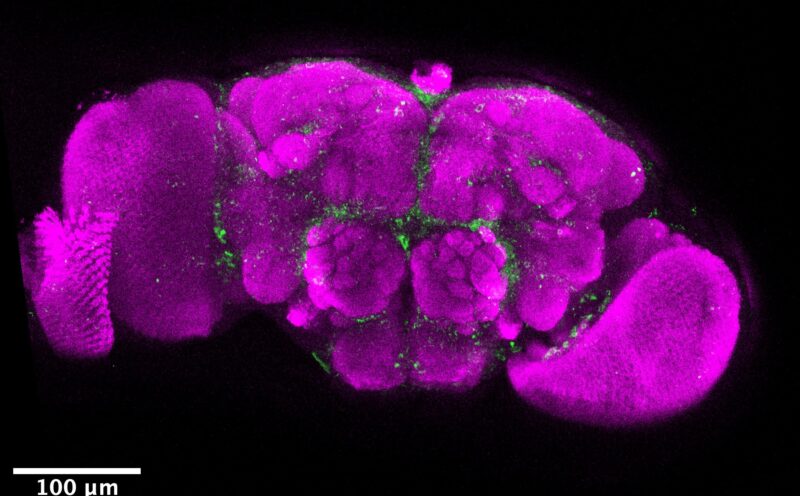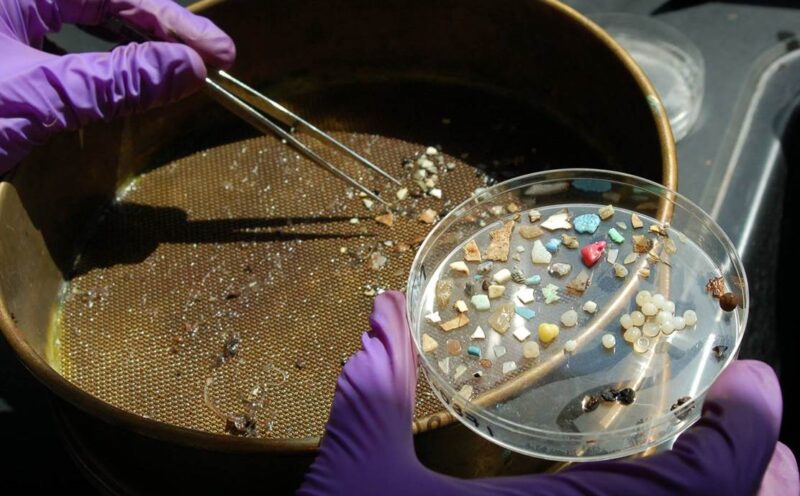
Health
-

A fresh look at TikTok: short food videos encourage long-term healthy eating habits in teens
Research from UC Santa Cruz human-computer interactions scholars is revealing how online habits translate into offline actions
-

Digital platform for tracing DNA of rare species, pathogens in environment comes to Canada
UC Santa Cruz’s eDNA Explorer secures $1 million to bring ecosystem-assessment tool to British Columbia
-

Symposium Celebrates 25 Years of Genomics Breakthroughs
The UC Santa Cruz Genomics Institute celebrated the 25 year anniversary of the human genome draft sequence and UCSC Genome Browser with a symposium celebrating the future of genomics in medicine
-

Molecular observations by UC Santa Cruz scientists demystify parasitic mind control
Using brain mapping, genetic engineering and machine learning, scientists reveal how parasitic bacteria take over fruit fly brains.
-

Ubiquitous plastics may trigger hormone disruption in seabirds, new study finds
Scientists show how ingested microplastics have similar effects on the endocrine systems of fulmars and humans
-

UCSC Genome Browser alumni profile: Melissa Cline
Melissa Cline is a prominent figure in the field of cancer genomics and currently manages the BRCA Exchange, the largest public resource for knowledge on genetic variations that influence heritable breast, ovarian, prostate, and pancreatic cancers.
-

Pest prediction and management improved with better modeling
With new research, applied mathematicians at UC Santa Cruz introduce methods to improve the forecasting of pest populations
-

Cell biologist discovers two proteins are key to proper transfer of genetic material
New study from Bhalla Lab shows how trait inheritance, human health, and evolution lie in the balance
-

Brain cells are more plastic than previously thought, study shows
Using in-vitro models of a specific type of brain cell, scientists show that neurons are capable of changing from one type to another
-

Three UC Santa Cruz faculty members named 2024 AAAS fellows
David Deamer, Theodore Holman, and Raphael Kudela awarded lifetime honor
-

Scientists program stem cells to mimic first days of embryonic development
Their “programmable” embryo-like structures, also known as embryoids, can be used to study the role of certain genes in early development
